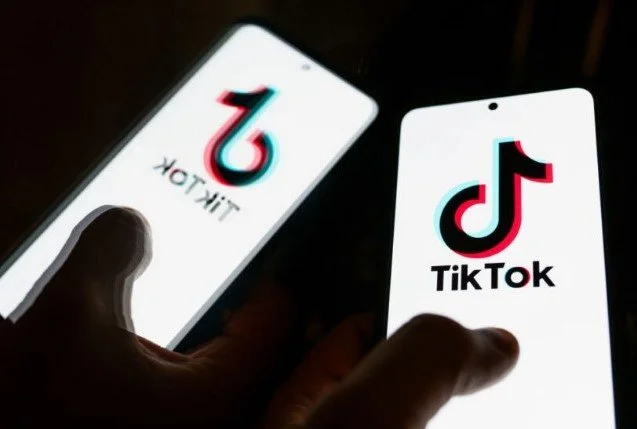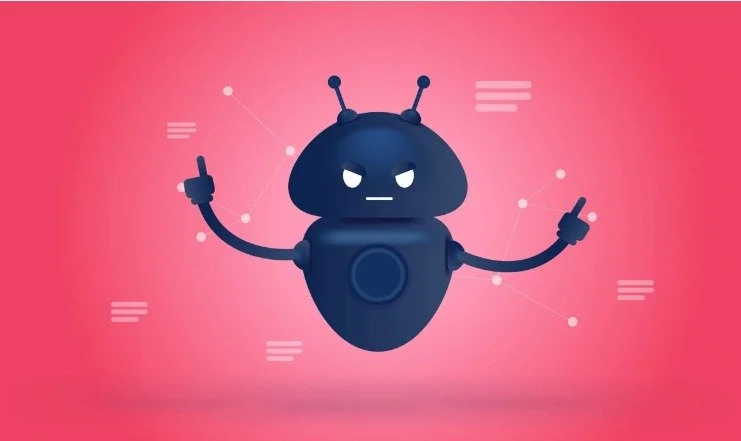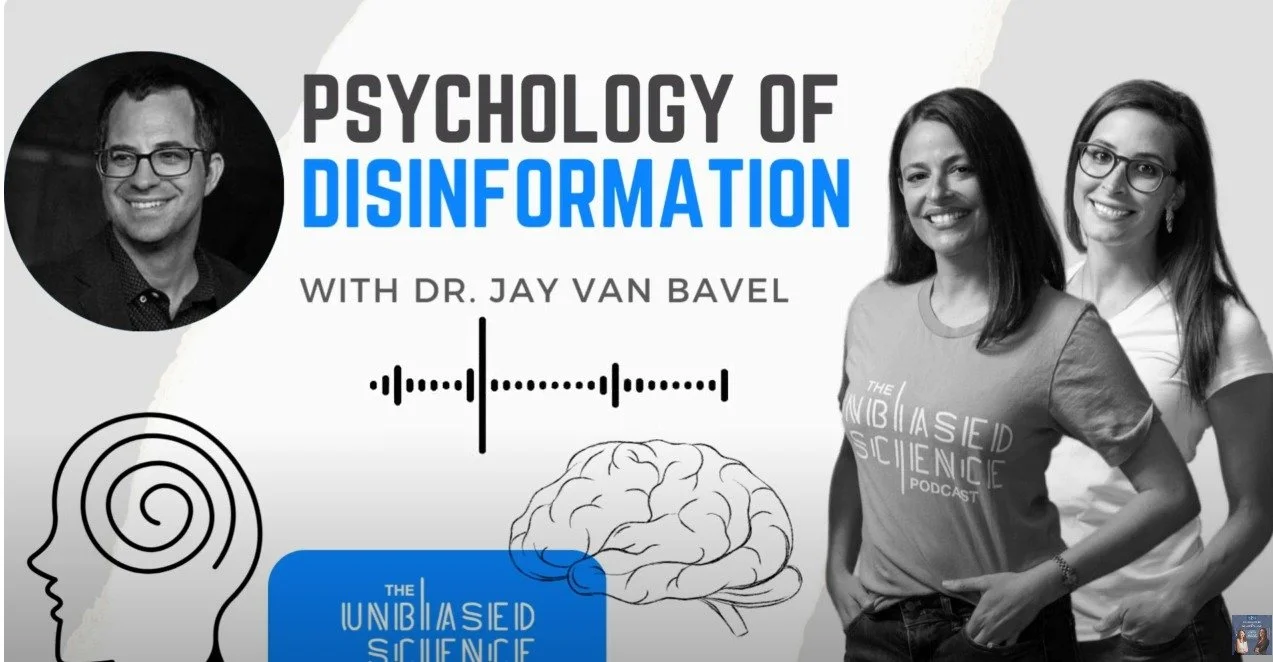In a new paper published in the Proceedings of the National Academy of Sciences, MIT Sloan School of Management professor David Rand and three coauthors use game theory to show that news producer behavior — rather than consumer preferences — may explain why misinformation gets engagement online.
Massachusetts Institute of Technology
Speaking at a media conference on Monday, Canada’s Health Minister Mark Holland said he is “deeply concerned” with the global measles outbreak and its potential impact on the country. “We’re seeing a lot of illness that was almost rendered non-existent, starting to come back because of vaccine hesitancy,” he said.
Global News
It’s cold and flu season, so coming down with a respiratory illness isn’t exactly uncommon. However, TikTok is sparking rumors — and likely medical misinformation — about a so-called new “mystery virus” that hasn’t been identified.
Medical Marketing and Media
Emma Heming Willis, the wife of well-known actor Bruce Willis, wants to set the record straight on how misguided media coverage of neurocognitive diseases can affect families — including her own. In a candid video posted on Instagram Sunday, Emma, 47, shared her response to being “clickbaited” by a headline about her family and her 68-year-old husband Bruce Willis’ health.
People
When your parents had financial troubles or questions about planning for the future, they may have sought the help of a financial adviser, their bank, or other professional. Today, many people turn to social media.
The Conversation
Even while the COVID-19 vaccines have been hailed as one of the greatest achievements in modern science, they have been swirled in misinformation perpetuated by anti-vaccine figures and organizations who question their efficacy and robust safety record.
Salon
Coined by the World Health Organization to denote a hypothetical future pandemic, "Disease X" is at the center of a blizzard of misinformation that American conspiracy theorists are amplifying -- and profiting from.
Barron’s
The countdown to November's presidential election begins in earnest with the Super Tuesday primaries, and that means social media feeds will be filled in the coming months with some predictable claims. Stop us if you've heard these before.
USA Today
Artificial intelligence chatbots such as OpenAI's GPT-4 and Google's Gemini can't always be trusted when it comes to U.S. elections.
Inc.
On this episode of the podcast, the doctors are joined by a special guest, Dr. Jay Van Bavel, who is an Associate Professor of Psychology and Neural Science at New York University, to discuss the anti-vaccine movement, cult-mentality, and the predilection for conspiratorial thinking.
Unbiased Science
Four major nonprofits that rose to prominence during the coronavirus pandemic by capitalizing on the spread of medical misinformation collectively gained more than $118 million between 2020 and 2022, enabling the organizations to deepen their influence in statehouses, courtrooms and communities across the country, a Washington Post analysis of tax records shows.
The Washington Post
In recent years, disinformation has seemed to be on an inexorable march across the scientific and medical landscape. Prominent politicians, up to and including the former president, have promoted useless drugs as supposed cures for COVID-19. Partisan attacks on the safety and efficacy of COVID vaccines have expanded into attacks on all vaccines.
Los Angeles Times
Arizona's Independent Newsmedia recently published what the company is calling a “Civility Checklist” in its Opinion section; an 8-point guide for engaging in honest, respectful and civil discussion on public issues.
Independent Newsmedia
Last week, after our decade-long journey through the court system, a jury in Washington, D.C., found that both writers were liable for defamation. We hope this sends a broader message that defamatory attacks on scientists go beyond the bounds of protected speech and have consequences.
The New York TImes
Conspiracy theories persist across the United States regardless of age, gender or demographics, yet many of us feel we can spot mis- or disinformation when we see it and discern fact from fiction.
YouGov
Using data from a nationally representative survey of 2,036 U.S. adults, we analyze partisan perceptions of the risk disinformation poses to the U.S. government and society, as well as the actors viewed as responsible for and harmed by disinformation.
Misinformation Review
Major technology companies signed a pact Friday to voluntarily adopt “reasonable precautions” to prevent artificial intelligence tools from being used to disrupt democratic elections around the world.
The Associated Press
Hong Kong police will release their first children’s book to raise awareness about scams, with most of the initial print run of 20,000 copies to be handed out to the city’s 1,000 kindergartens.
South China Morning Post
Google is preparing to launch an anti-misinformation campaign across five countries in the European Union, the company told Reuters ahead of the bloc's parliamentary elections and tougher new rules tackling online content.
Reuters




















